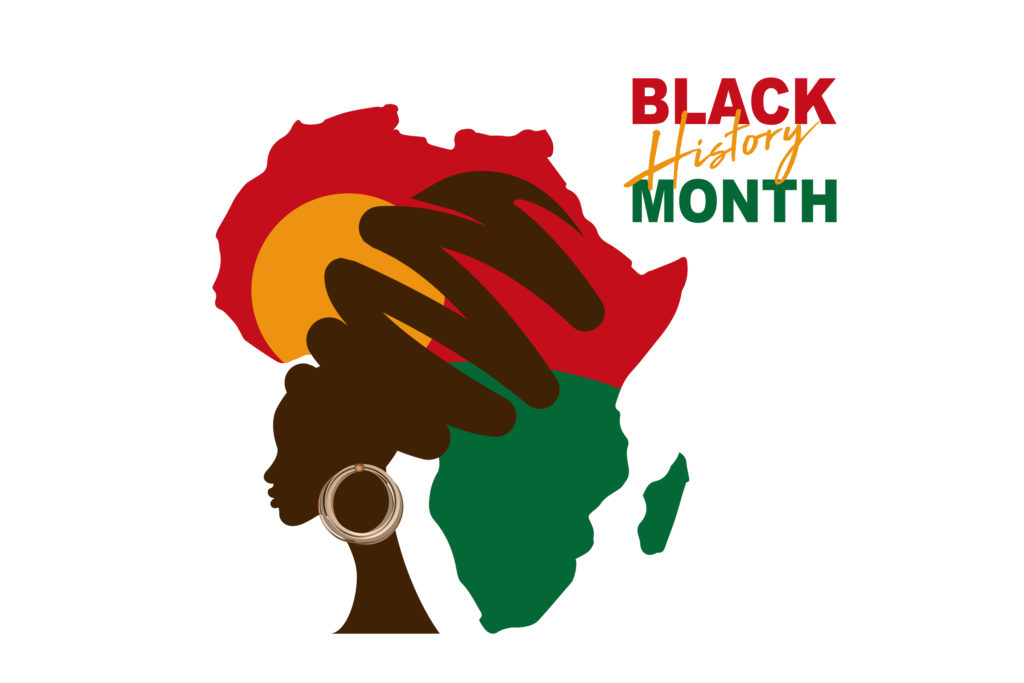Each February, the contributions and sacrifices of African Americans are celebrated during Black History Month. A pivotal moment that shaped Black history was the Civil Rights Movement. However, the story of the movement is often told through the men who fought for equality. Black History Month is also a time to celebrate and uplift the unsung contributions of the women who led and shaped the Civil Rights Movement. Read the profiles below with your family!
Three Women to Celebrate and Emulate
Before Rosa Parks, there was Claudette Colvin. On March 2, 1955, just about nine months before Parks’ act of civil disobedience, 15-year-old Colvin was riding a city bus after a long day at school. When a white passenger boarded the bus, Colvin was ordered to give up her seat and she refused to do so. Colvin said in an interview, “It felt like Sojourner Truth was on one side pushing me down and Harriet Tubman was on the other side of me pushing me down. I couldn’t get up.” She was arrested and briefly jailed. Civil rights groups considered rallying around Colvin’s case in their fight against Alabama’s desegregation laws, but later decided to focus on Parks’ protest later that year. Even though her story has largely been untold, Colvin was the first to challenge and eventually change the law. She was one of four plaintiffs in the landmark 1956 Browder v. Gayle case which legally ended segregation on public buses in Montgomery, Alabama.
“Who the hell is Diane Nash?” asked President John F. Kennedy when he learned that student activists were preparing to resume the Freedom Rides that were previously marred by angry mobs and burning buses in the South. These young people were not deterred in their work to desegregate bus terminals. While many didn’t know Nash’s name or the pivotal role she played in the Civil Rights Movement, her name would be uttered in the White House decades later when she received the United States’ highest civilian honor. Nash began her work in civil rights as a student at Fisk University. Most public places were segregated including public parks, pools, hotels and motels.
Blacks could only patronize restaurants by being served on a takeout basis and were forced to eat their meals while sitting on the curb and eating in alleys. Wanting to take a stand against this discrimination, Nash became a key figure in the Nashville Student Central Committee which organized sit-ins at discriminatory restaurants in Nashville. Due to the success of these sit-ins, Nashville became the first city to desegregate lunch counters. In 1960, she traveled to North Carolina and helped to form the Student Nonviolent Coordinating Committee. She later got involved with the Freedom Riders and also spearheaded the 1965 Selma to Montgomery March where she walked alongside Martin Luther King, Jr. to support voting rights for Blacks. In 2011, Nash was awarded the Presidential Medal of Freedom for her work to advance equality.
Bates is a largely forgotten figure in the Civil Rights Movement, but her accomplishments loom large. When she was 3 years old, her mother was killed by three white men, which later fueled her desire to fight for civil rights. Bates, along with her husband, operated a weekly African American newspaper, the Arkansas State Press, the only publication that was dedicated solely to the Civil Rights Movement. Bates also served as president of the Arkansas chapter of the NAACP. After the Supreme Court’s 1954 ruling that school segregation was unconstitutional, Bates worked with students to integrate all-white schools.
Bates used her newspaper to publicize the schools that did not follow the Supreme Court’s mandate. When the national NAACP began to focus on Arkansas schools, Bates organized what later became known as the Little Rock Nine. In 1957, she helped nine African American students to become the first to attend the all-white Central High School in Little Rock. With U.S. soldiers protecting them, these nine students left Bates’ home, which often was the headquarters for these efforts, for their first day of school on September 25, 1957. Bates worked tirelessly to ensure these students’ safety.
Black History Is Everyone’s History
I recently heard the quote, “History is always told by the victors.” Let us not remember Claudette Colvin, Diane Nash and Daisy Bates as victims, but victors who not only changed their lives but the lives of generations that followed. Their stories of heroism stand the test of time and shouldn’t just be celebrated in February. Say their names and encourage your children to learn and share history that is reflective of all races, ethnicities, sexual orientations and abilities. Black history is 24/7, 365 days-a-year history.
Related

